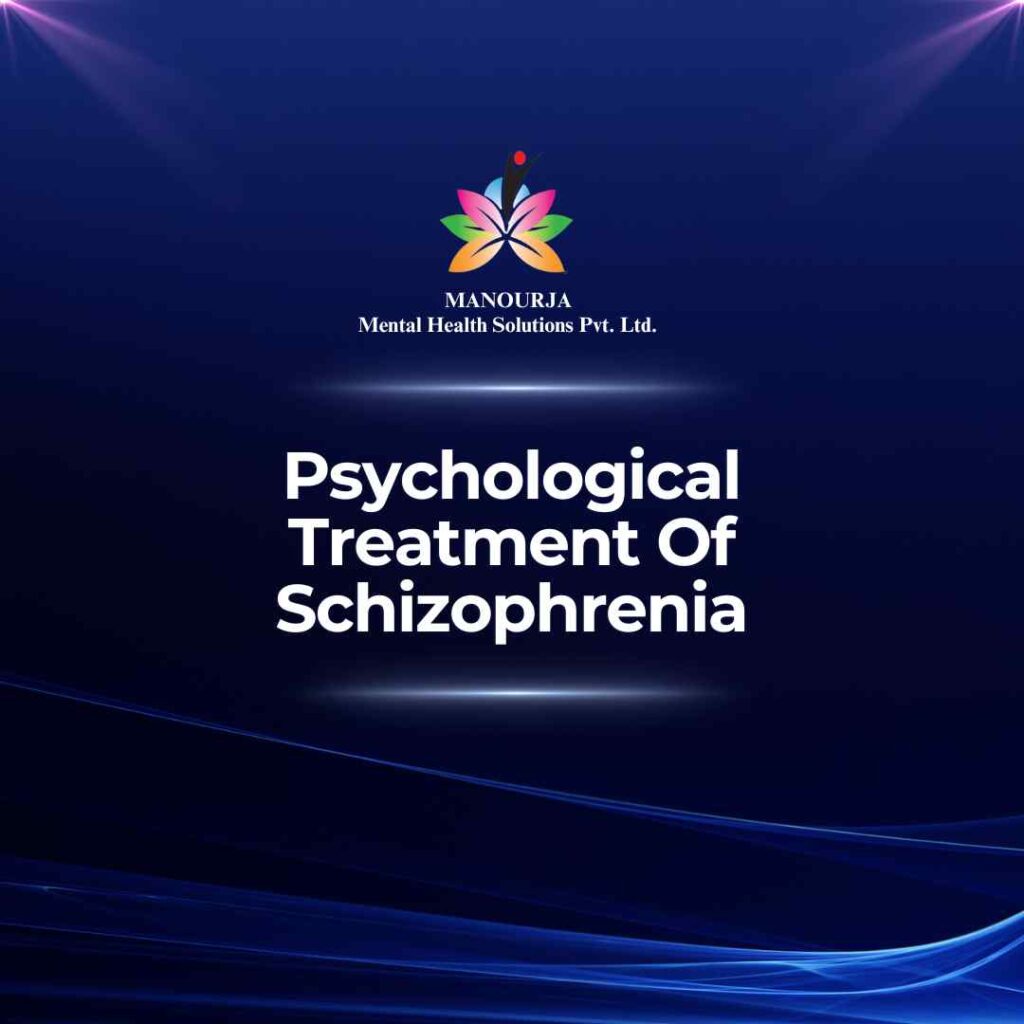Psychological Treatment of Schizophrenia

Psychological treatments for schizophrenia are crucial. They work alongside medications to help manage symptoms and improve day-to-day functioning.
Here’s how they help:
Cognitive Behavioral Therapy (CBT)
CBT is a cornerstone in treating schizophrenia. It helps by teaching individuals how to manage their thoughts and behaviors more effectively:
- Challenging delusions: Patients learn techniques to question and test the reality of their thoughts.
- Coping with hallucinations: Strategies like distraction or checking in with reality can help manage these experiences.
- Handling emotions: CBT can equip someone to better regulate their feelings and responses to stressful situations.
- Improving everyday skills: The therapy can help patients improve their organization and planning.
Family Therapy
Family therapy is all about bringing support systems into the fold:
- Educational: It teaches families about schizophrenia, which can demystify the condition and reduce stigma.
- Communication improvement: Therapists work with families to foster better, more supportive communication.
- Stress reduction: It helps family members learn how to cope with the challenges of living with or caring for someone with schizophrenia.
Psychoeducation
This involves learning about schizophrenia itself, which can be empowering for both patients and their families:
- Better treatment adherence: Understanding the importance of medication and therapy can help keep patients on track.
- Relapse prevention: Being informed about warning signs can lead to quicker interventions.
Social Skills Training
This training enhances social interactions, which are often a challenge:
- Role-playing exercises: These can help practice and improve conversation skills.
- Non-verbal communication: Learning about body language and facial expressions can help in understanding and being understood by others.
Supported Employment
Having a job can provide structure and a sense of purpose, so supported employment programs are key:
- Job coaching: Coaches help with finding a job and can offer support on how to succeed in the workplace.
- Skills training: These programs often include training on specific job skills and general employability skills like punctuality.
Assertive Community Treatment (ACT)
For those who need more intensive support, ACT provides comprehensive, community-based care:
- Team approach: A multidisciplinary team works with the individual, offering everything from therapy to crisis intervention.
- Around-the-clock availability: Help is available at any time, which is crucial for managing this unpredictable illness.
Cognitive Remediation Therapy (CRT)
This therapy focuses on improving cognitive deficits that are common in schizophrenia:
- Brain training exercises: These can be computer-based or manual and aim to improve memory, attention, and problem-solving skills.
- Daily functioning: By enhancing cognitive abilities, patients can find it easier to manage daily tasks and maintain their independence.
Integrating these treatments can provide a robust support system for individuals with schizophrenia, improving their ability to manage their symptoms and live a more fulfilling life. Each patient might benefit from a different mix of these therapies, so personalized care plans are essential. This approach not only helps in managing the illness but also supports the patient’s overall well-being and integration into society.
